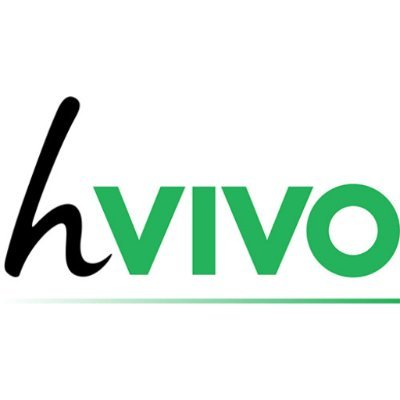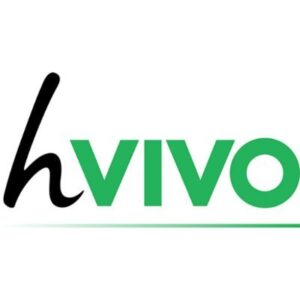What can deliberately infecting healthy people tell us about infectious diseases? How is this useful for developing treatments, and how do we manage the risks?
- Human challenge studies involve researchers deliberately exposing healthy volunteers to pathogens that cause infectious diseases. This allows researchers to monitor how the body responds to the disease, and to test possible new treatments and vaccines.
- Human challenge studies have become more well-known for their use in the Covid-19 pandemic, but they have been used for decades to advance our understanding of infectious diseases.
- Their benefits include the ability to study infections and test treatments in a controlled setting, and during times when there is low prevalence in the general population.
- However, benefits must be balanced against other considerations, such as health risks to volunteers and other ethical challenges.
- The Government has recently committed over £13 million of funding to human challenge studies, and international organisations are developing further regulation.
hVIVO plc (formerly Open Orphan plc) is a rapidly growing specialist contract research organisation (CRO) and the world leader in testing infectious and respiratory disease vaccines and antivirals using human challenge clinical trials, providing end-to-end early clinical development services for its broad and long-standing client base of biopharma companies.


